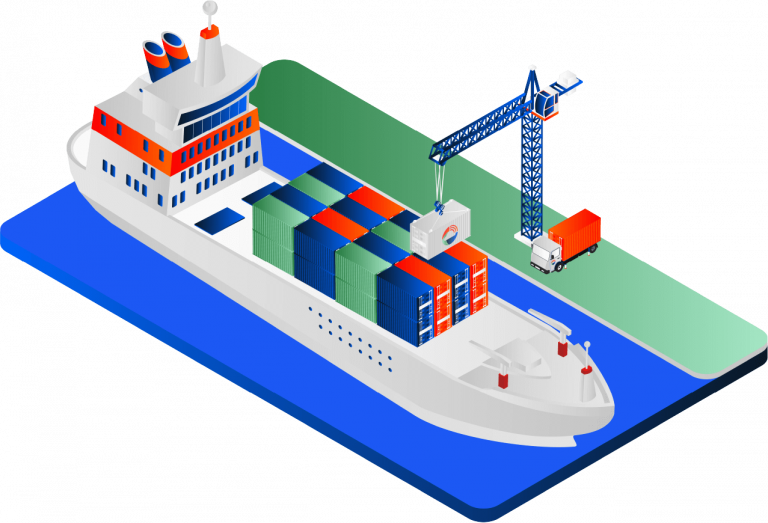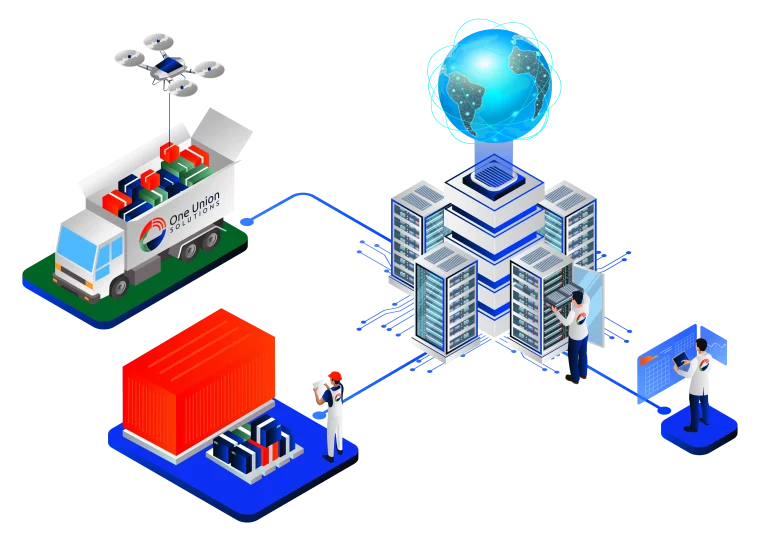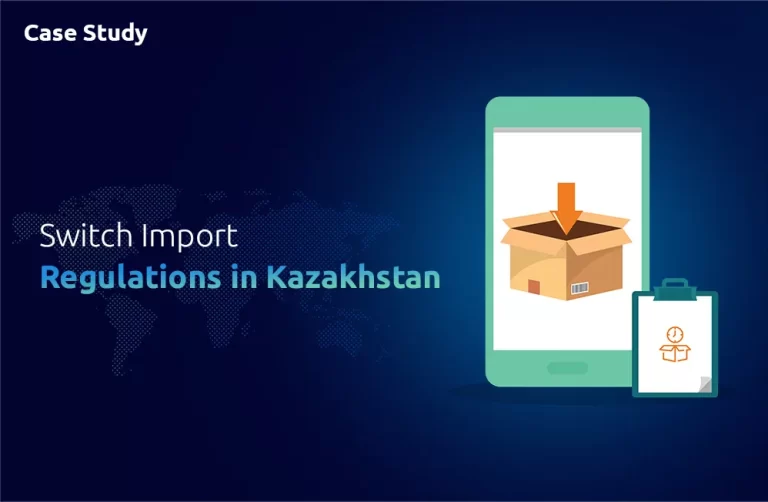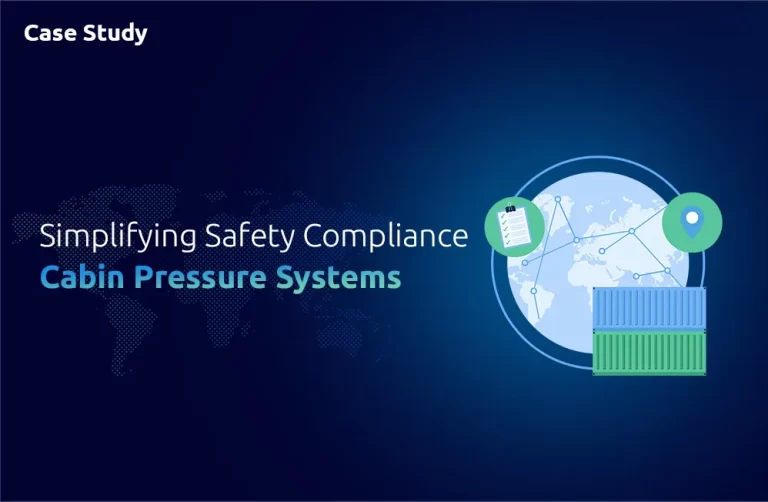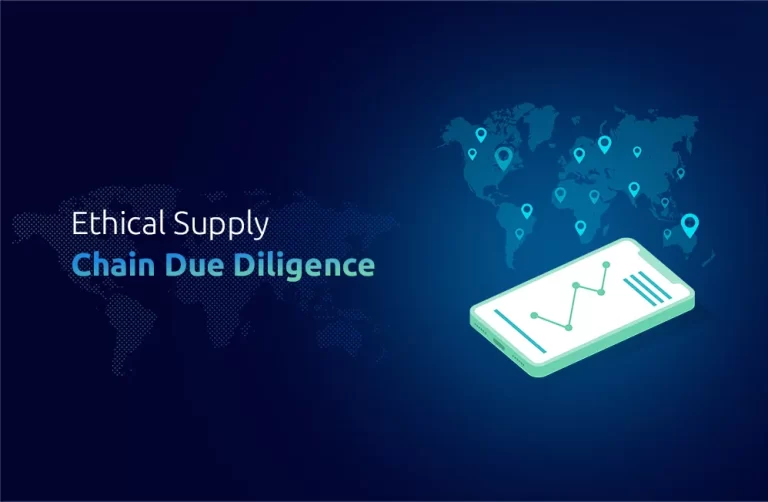Medical industry:
The medical industry is highly dependent on the lightning-fast connections made possible by 5G technology, as are many others. With 5G’s increased capacity, medical specialists in different locations may work together on vast amounts of data, such as X-ray pictures and other scans.
Knowledge of the rules and ethics of medical bias is necessary to transport IT and telecom equipment in the medical business. The FDA oversees the import and export of medical equipment and supplies to and from Austria. Safe carriage of medical equipment is governed by regulations established by the Austrian Ministry of Health. Transporting medical equipment safely and reliably requires some parameters to be satisfied, including temperature control, secure packing, and accurate labeling. In Austria, the tax and tariff structures vary widely depending on the imported equipment’s nature and country of origin. Importers in Austria require dependable logistics partners to help them comply with local laws and regulations.
Technology Sector:
Opportunities for selling IT goods and services are expanding as Austria’s technology sector develops. Information technology and telecommunications equipment importers must follow certification, testing, and labeling rules. Importers must also comply with data protection rules such as obtaining appropriate permission, implementing appropriate security measures, and honoring the rights of data subjects.
The government provides programmes and incentives for businesses. Without knowledgeable logistics suppliers’ assistance, meeting Austria’s stringent regulatory and compliance standards might be challenging.
Aviation industry:
The industry is expanding gradually to meet the rising demand for air travel and freight transit. With government backing, the sector is predicted to grow further. IT and telecom equipment, particularly for air traffic control, is becoming more vital with the expansion of the aviation sector. Instrumentation like radar, avionics, and navigational systems are featured. In Austria, regulations must be followed, and certifications must be obtained for this gear.
Importers in Austria need approval from the CAA and must adhere to labeling and testing regulations. They must also navigate the country’s complex tax and levy structure, which may change based on the kind of machinery being imported. Importers may overcome these obstacles with the support of a logistics partner familiar with the aviation business in Austria.
Automotive Industry:
Austria has a sizable car industry, providing locals with jobs and income. The Department of Land Transport and the Austrian Vehicle Institute maintain rigorous controls on importing all types of vehicle equipment, including information technology and telecommunications systems. The automobile sector in Austria is strict about only using equipment that meets their quality and safety criteria. Specific taxes and charges may be imposed on the equipment based on its intended usage.

